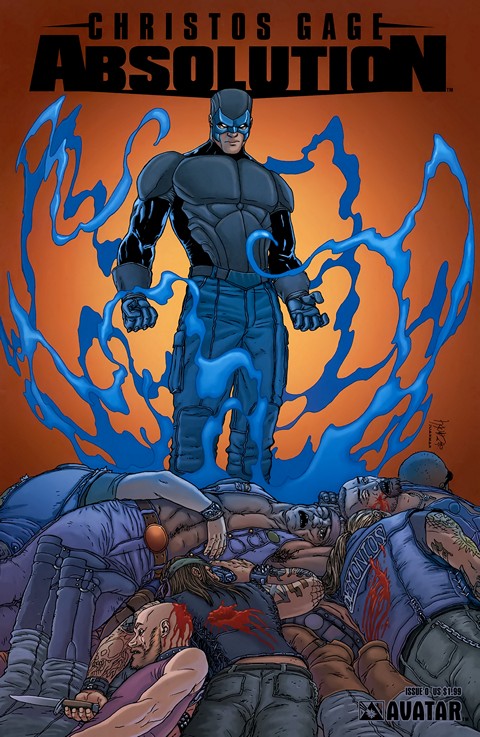
It always struck me as strange that what the brain needs to be tricked into seeing still images as moving images is something that actually breaks the continuous motion of images, shuttering them from our eyes intermittently and so quickly that we don’t notice. I recognize it immediately as a film projector shutter, the small circle of plastic that rotates just in front of the film as it passes through the projector’s light, providing a regular interval of darkness between each frame to create the illusion of continuous motion.

The cone-like object swivels off the table and Laing tries to catch it and that’s when I see, in the gap of his collar as he bends down, tattooed on the back of his neck, an image of a disk with grooves cut into it. It begins raining, and we pull the table back into the room. Something in his voice, the way he stutters between the words, distances him from what he’s saying, and for the first time he pauses and looks at me long enough to cast or break a spell. Laing, at this point, is reading from his typed notes as if he himself cannot understand it, a word of it. Read Kevin Allardice’s review in The Los Angeles Review of Books here. What ensues is an atmospheric, cryptic extrapolation of movies and how they intertwine with life, and the forgotten films that curse the lost librarian still.This excerpt was taken from Nicholas Rombes’ novel, “ The Absolution of Roberto Acestes Laing,” published by Two Dollar Radio in November 2014. Laing agrees to speak with the journalist, but only through the lens of the cinema. Unsure at first whether Laing is a pseudonym or some sort of Hollywood boogeyman, a journalist manages to track the forgotten man down to a motel on the fringe of the Wisconsin wilds.

Roberto Acestes Laing was highly regarded by acclaimed directors around the globe for his keen eye, appreciation for eccentricity, and creativity in interpretation. For the reader, there is little we can know for sure, but this is what makes the book so exciting." -Irish Times Synopsis In the mid-'90s a rare-film librarian at a state university in Pennsylvania mysteriously burned his entire stockpile of film canisters and disappeared. In the process, Rombes found the freedom of fiction pushing him towards a new type of writing. *A Best Book of 2014 -Flavorwire,Entropy Magazine,Book Riot "The novel is an attempt to write about film through fiction, engaging both art forms at once with the analytic mind of the academic and the imagination of the storyteller.


 0 kommentar(er)
0 kommentar(er)
